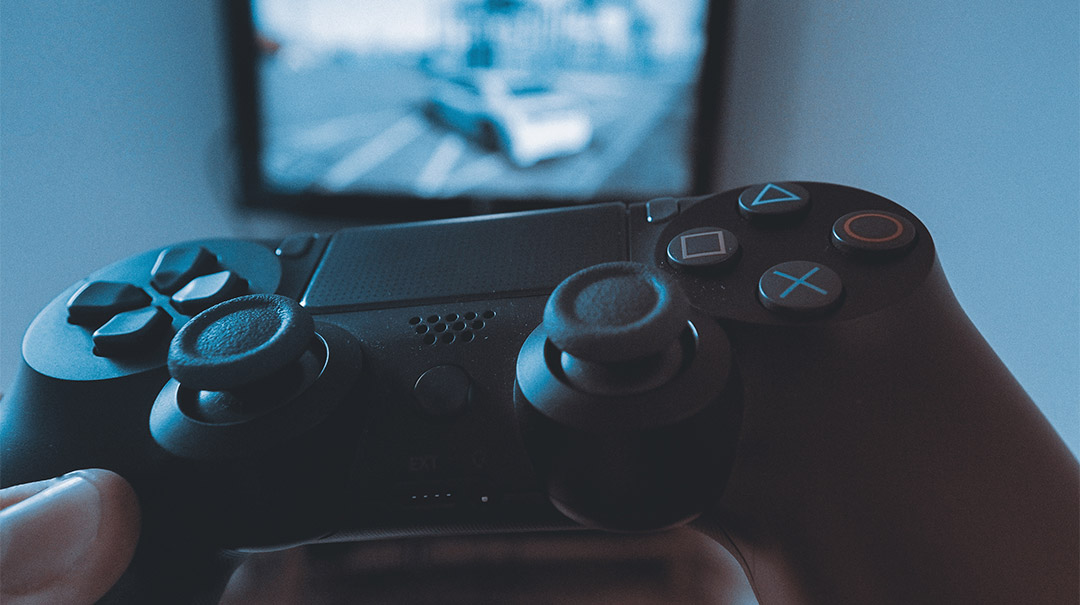World Health Organization lists gaming disorder in the International Classification of Diseases

As seen in The Independent article, many people living with other conditions and disorders felt angry by the new classification with a general sentiment being that this new classification would make it harder for ‘’people who actually have a real disease/disability get the help they need’’.
The WHO have defended its decision by further explaining in January this year that the decision was made based on reviews of all available evidence and reflects a consensus of experts from different disciplines and geographical regions.
They further explained that gaming disorder will be defined in ICD-11 as a pattern of gaming behaviour (digital or video) characterised by increased control over gaming, increasing priority given to gaming over someone’s normal daily activities. For it to be diagnosed, gaming needs to have led to a significant impairment in personal, family and social, educational, occupational or other important areas of functioning and would normally have been evident for at least 12 months.
Because gaming disorder will now have an official status it means that health insurers and will recognise it too and create health insurance policies which cover people receiving treatment for gaming addiction and disorder.
WHO noted that gaming disorder only affects a small proportion of people who game, however it encouraged gamers to be self-aware of how much time they spend gaming and any instances where it begins to interfere in their daily routine.
By Benjamin Graham
Back to most recent edition
Newsletter
Stay up to date
Sign up to our Mind Reader newsletter for monthly mental health news, information and updates.
